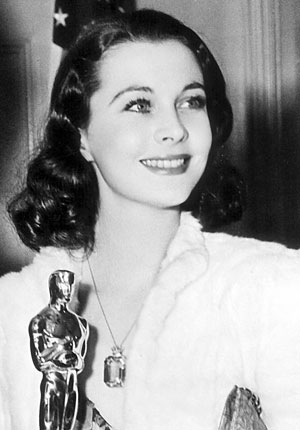I was walking along one morning, thinking deep mysterious thoughts ("Did I remember my lunch?"), when I dreamily reached the busy intersection, complete with a police officer posted for crossing duty.
I always make a point to be nice to our boys in blue, but decided to wait until I crossed the street before grinning my head off. I thought my face was arranged in its default blandly polite expression, but the officer bawled across the street: "Smile!"
I sheepishly did so, feeling colossally stupid. It felt like a violation, he ordering my face to be cheerful on his terms, a complete stranger, yet.
RBF, Resting, er, B**** Face, is now a topic of conversation.
RBF, Resting, er, B**** Face, is now a topic of conversation.
RBF is a face that, when at ease, is perceived as angry, irritated or simply … expressionless. It’s the kind a person may make when thinking hard about something — or perhaps when they’re not thinking at all.
Poor Jessica Bennet ("I'm Not Mad. That's Just My RBF") was shocked to discover how terrifying she looked at rest.
Now, it’s safe to assume that humans have always made The Face. (Doesn’t the Mona Lisa sort of have it?) And it does have its uses. It is great for staring down Greenpeace solicitors on the street, or glaring at men who catcall you on the subway.
At a crowded bar, the expression can serve as a kind of armor against unwanted pickup artists (better, as one young woman put it, “than a fake engagement ring”).
And, as Tanya Tarr, a 36-year-old professional coach, described it: When engaged correctly, it can part a crowd of tourists on a busy street “like the Red Sea.”
When I started taking the subway regularly, I cultivated the Touch-Me-And-You-Die Face. No one, as yet, ever messed with me, no matter how sardine-like the situation. It's also great while navigating city streets and staring down a reluctant sales associate who doesn't want to process a return.

And, of course, it makes disciplining children all the easier.
I have been trying to smile more in situations when I don't need to protect my virtue, and it is true that then the world smiles with you. I do feel good when I can make someone grin when they weren't before. I crack a joke, sunnily flash hopefully white-ish teeth, and sing "Have a good day!"

But I wouldn't demand "Smile!"
4 comments:
In England people sometimes say, "Cheer up, it might not happen!" Which is seriously annoying, especially if something genuinely awful really has happened.
I admit I know how to deploy stand off-ish body language to scare people away from me in social situations (e.g. unwanted interlocutors at kiddush), although I probably let my social anxiety encourage me to use it when I should be making an effort. I do generally try to smile and look approachable when on the library issue desk at work, however bad I might be feeling.
I guess that RBF is my normal facial expression. People do generally tend to get out of my way, which is quite nice even when I'm not in a rush. That's probably also saved me some weird encounters at college. But although Chazal tell us to greet everyone with a pleasant countenance, they don't say we need to always be smiling at everyone. It's downright rude for anyone to tell you to smile — who says you feel like smiling at the time? Those extra facial muscles are reserved for when you decide they're worth exercising, however often or rare that may be :/
I hate being told to smile. DOesn't happen too often, at least. But when people tell my daughter to smile (which happens more often, she tends to be shy, especially with strangers) it really irks me. She's a baby, for goodness sakes, leave giving her instructions to her parent.
DS: It is very easy to tell someone else to "Cheer up!" Those who say so tend to be the crabbiest when in difficulty, I've found.
Sarah: Isn't it great when they get out of your way?
My smile is my choice. Feminism!
MR: It's really horrible when grownups pick on helpless little kids. I remember what that was like when I was small, so I try to end the cycle of teasing.
Post a Comment